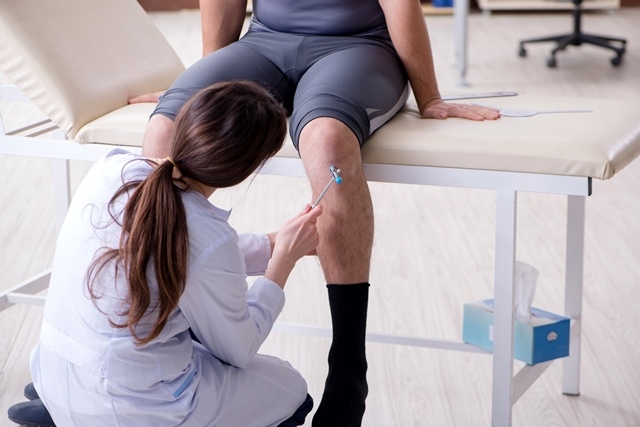Testosterone Treatment: Could You Benefit?
If you are struggling with certain health challenges and have yet to pinpoint what is going on with your body, it is possible that you suffer from low testosterone, possibly exacerbated by a magnesium deficiency. As an experienced testosterone treatment practitioner can confirm, there are therapies and treatments available for low testosterone that can mitigate your symptoms and allow you to manage this condition successfully. But, before you can treat low-T, you need to be properly diagnosed.
Symptoms of Low Testosterone
If any of the following symptoms sound familiar to you and you haven’t been able to accurately assess why you’re struggling in the ways that you are, it might be time to ask a doctor about whether your testosterone levels are normal or not.
The first two telltale signs of low-T are relatively straightforward: Difficulty achieving and sustaining an erection and a decrease in your sex drive. Testosterone is, among other things, a sex hormone, so when your levels are off, your sexual performance and drive can be negatively affected.
Fatigue is another sign of low-T. Virtually all hormone imbalances may manifest as inexplicable or otherwise vague fatigue. If you’re unusually tired and there’s no good reason for this shift, you may need to get your hormone levels checked.
Surprisingly, hot flashes can be a sign of low-T. These challenging moments in time are most often associated with the female experience but males can get them too when their hormones are not properly in balance.
Has your muscle mass and bone mass been decreasing while your fat stores have become more significant? This can be a sign of aging or decreased activity and a poor diet, but it can also be a sign of diminished testosterone levels. The same can be said for hair loss.
If your mood is suffering and your memory is becoming increasingly spotty, these can also be signs of low-T. Again, so many of these symptoms are commonly associated with aging, when in many people, they are far more indicative of low-T than the are the mere passage of time.
At your last doctor’s appointment, did they do a blood draw? Did they say anything about your red blood cell counts being low or you being at risk for developing anemia? These indicators are also signs of low-T.
Finally, if you have noticed that your penis and testicles seem to be getting smaller in size, it’s time to speak with a doctor. Testosterone therapy may help.
Next Steps
It is important to understand that these symptoms, like the others listed below, can be caused by many different circumstances and conditions. But, as low-T is often among the driving forces behind many of these challenges, getting a proper diagnosis may be worth your time. Then, you can work with a doctor to explore testosterone therapies and whether any particular approach to managing your condition is likely to benefit you uniquely.


